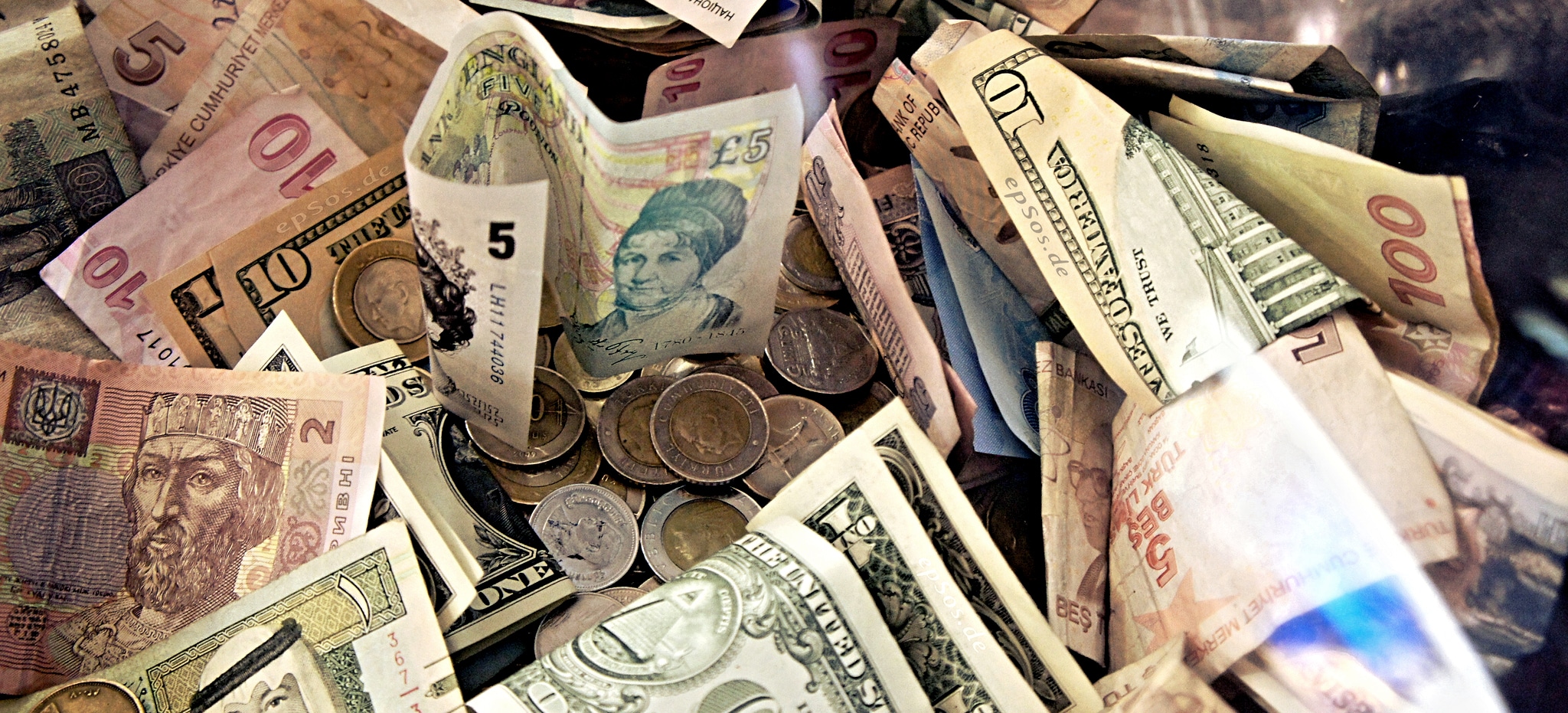According to data published by Bloomberg, the total value of global central banks currency reserves declined to $11.6 trillion in March 2015 from levels close to $12.03 trillion last August. The latest change in these figures comes after a substantial oil price decline during the past couple of quarters.
Another reason for the decline is the sharp dollar rally which started in July last year. The global reserve currency’s strength persisted for 9 straight months. Last month, the U.S. dollar index has hit 100 for the first time since April 2003.
Most emerging markets currencies have been declining in value against the U.S. dollar. According to International Monetary Fund (IMF) data, its share in global central banks’ currency reserves increased to 62.9 percent. This comes close to pre-financial crisis levels at the end of 2008.
After the introduction of the quantitative easing program by the U.S. Federal Reserve, the U.S. dollar has started losing its share as a reserve currency. Its share hit 61.0 percent in 2013, which was the lowest level since 1995.
As the U.S. dollar rises, emerging market economies have been feeling the pinch. Local policymakers have embarked on loosening their monetary policy in order to boost competitiveness.
A number of countries which are top holders of foreign exchange reserves are heavily dependent on commodity exports. Amongst them are Russia and Saudi Arabia, whose foreign exchange reserves declined materially.
The Bank of Russia is currently holding about 25% lower levels when compared to last year, hitting $316 billion in March. The country’s central bank has spent a big amount trying to prop up its aiming currency from depreciating.
Saudi Arabia has experienced a much more modest decline as declining oil price revenues have led to a $10 billion drop to $721 billion.
As emerging markets growth worries continue to be material, stimulative policy efforts are likely to persist, leading to even lower currencies.
According to research by Credit Suisse, cited by Bloomberg, developing countries have parted with $54 billion of their coffers in the final quarter of 2014. This is the fastest drain since the global financial crisis rocked the markets in 2008.
The mammoth currency reserve holder China, cut its stash to $3.8 trillion in December, coming down from a peak of $4 trillion in June.





Be First to Comment